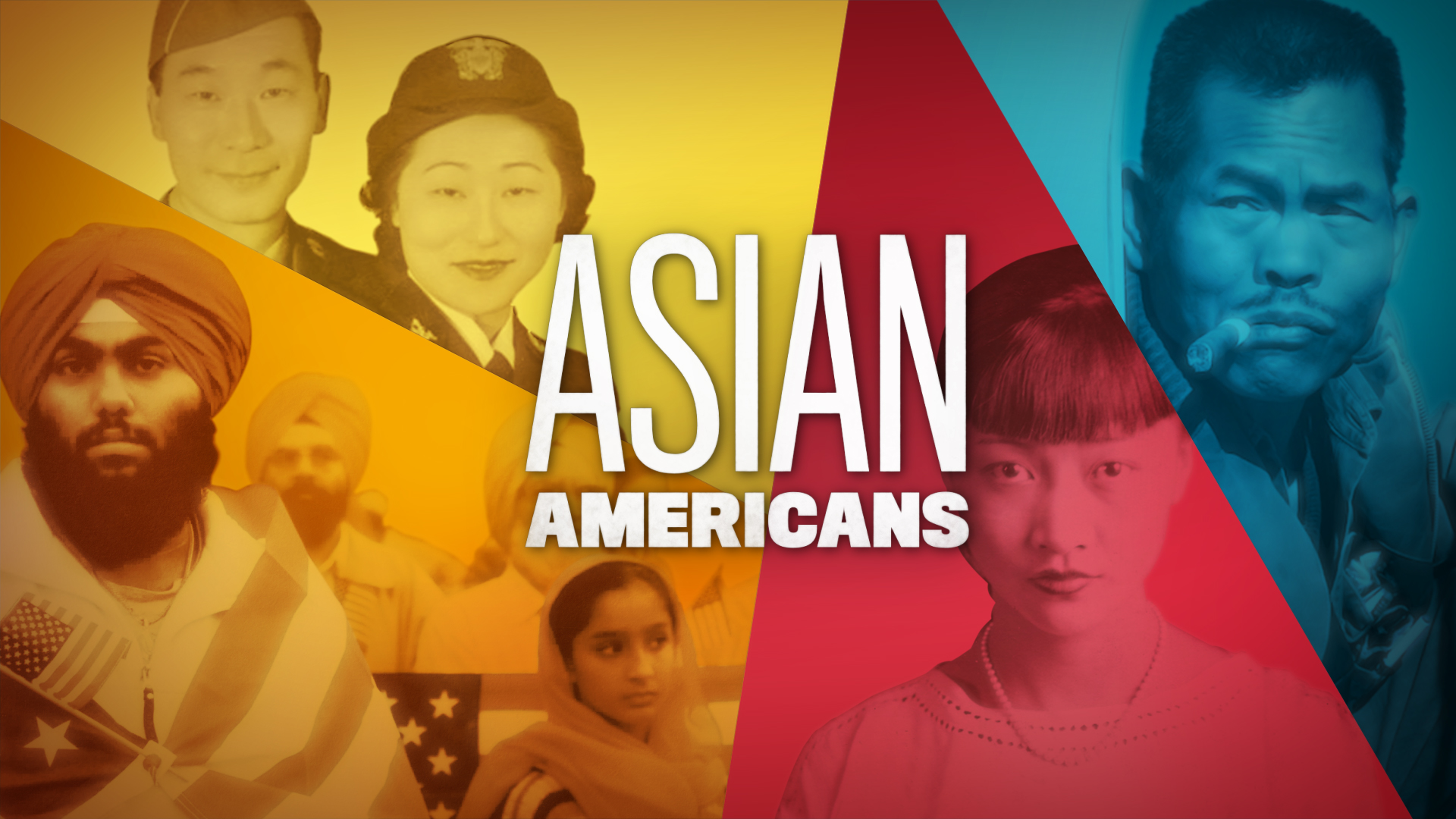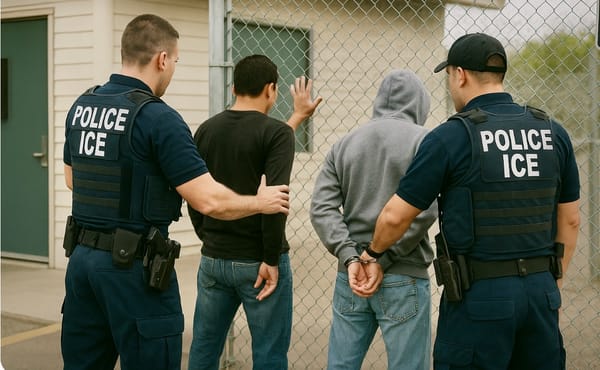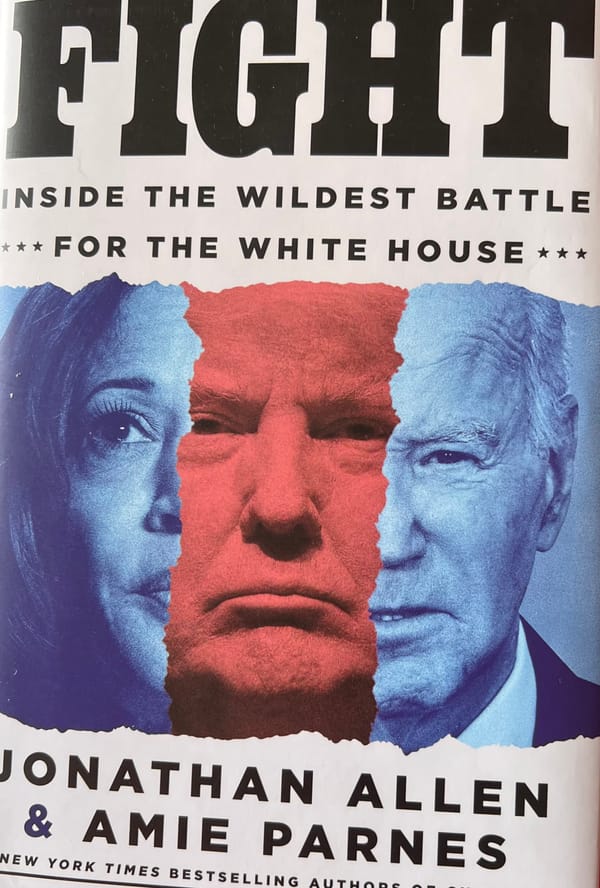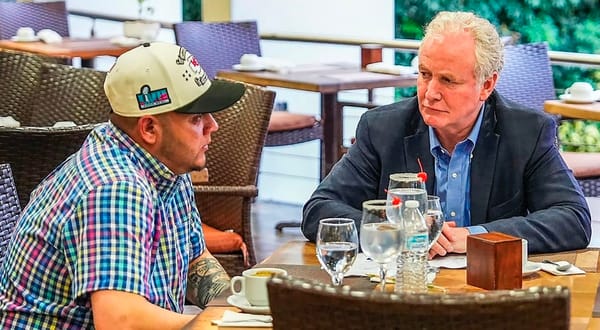When the “Yellow Peril” is reversed
I’m not sure I should be writing this, because no one who subscribes to me is a racist.
At least I hope not.

This essay has to do with anti-Asian bigotry, which is wrong, like all bigotry based on something you were born with.
Due to what some — without evidence as yet — perceive as a hate crime in the attack on “Asian” massage parlors, the issue of crimes against Asians is in the spotlight. We have gone from believing in the “Yellow Peril” to putting the Yellow in Peril. (Sorry about the play on words, but I am trying to make a point.)
Without question, hate crimes are on the rise (as are hate crimes against Jews, some of which were blamed on Donald J. Trump, which I have written about. Trump also gets some blame for the Asian crimes.)
While crimes against Asians are rising, they still are very, very small, about 3,000 last year, many of them verbal. A key difference between attacks on Asians and attacks on Jews is that Asians are visible on the street, while Jews are not. That’s why anti-Semites attack synagogues —- they can be sure of harming Jews there. Like the 2018 attack in Pittsburgh.
That caused a lot of fear in the Jewish community, but it was not the start of a pogrom. It was one attack by one hate-filled creep. I understand why Asian-Americans are fearful, but they should remember the attacks come from the small lunatic fringe and America stands beside Asians, as it stood behind Jews.
I don’t want to minimize the attacks, but I don’t want them exaggerated either. Spreading fear helps no one.
Here I want to pivot to Asians as immigrants, and, yes, I know the U.S. excluded Chinese by law, a long time ago.
I also remember Japanese Americans were imprisoned during World War II over fears about their loyalty. That was shameful, of course.
After South Vietnam collapsed, the U.S. got a surge of South Vietnamese, including many who had helped U.S. troops.
Like most immigrants throughout U.S. history, they were not welcomed everywhere they settled. That has been true of every immigrant group, even white ones. Ask the Irish and Italians.
Not to mention Slavs and Jews.
I remember the pride I felt in 1985 when two Vietnamese refugees were graduated from West Point — one male, one female — who chose military service to their adopted country.
I believe immigrants are the most fervent believers in the American Dream, and who hold America in the greatest affection. U.S. Rep Ilhan Omar is a notable exception. If she ever thanked America for getting her ass out of an African refugee camp, I haven’t heard it. An immigrant member of the U.S. Congress, she is filled with grievance rather than gratitude. A truly miserable person.
I also remember in 1985 and the surrounding years, on almost every other corner in Center City you would find South Korean vendors selling fruit. They’re gone.
Why?
Most immigrants are hard-working, even the illegals, but the Koreans seem to be among the hardest-working, most thrifty, and directed toward education. You can conjure up the Tiger Mom, if you want.
The Koreans cooperate, often through their Christian churches, and help one another. Their children are hitting the books, not the malls.
What were fruit stands were turned into dry cleaning operations, the niche that Koreans claimed, as Greeks and Albanians had done with diners, Irish with pubs and police service, and Italians with hair cutting and restaurants.
Yes, yes, stereotypes and generalizations, but largely true. In my audience, I doubt I will hear PC groans.
The Korean mom who operates my dry cleaner — I will not embarrass her by using her name — doesn’t speak English very well, and has an accent. Like my grandmothers.
She and her husband are involved in the business — they have more than one store — and before the pandemic, they were open from 7-7 six days a week. They currently close at 4. They work like dogs.
Why?
So their children won’t have to.
They have two children, a boy and a girl.
The boy is a doctor, the girl is a lawyer.
From immigrant status, to a fruit stand, to a dry cleaner, to kids who graduate from elite universities.
They say immigrants make America better. That’s true, and America makes immigrants better. The streets were not paved with gold when my grandparents got here, but they were paved with freedom and opportunity, which they could see even from their walk up, tenement window. They rolled up their sleeves and went to work.
That is the genius of immigrants, that is the glory of America.
I’m pretty sure my small audience here agrees, so I won’t insult you by urging you to avoid hate.
What I will urge you to do is oppose it, should you see it.
And let those living in fear know that you are on their side.



